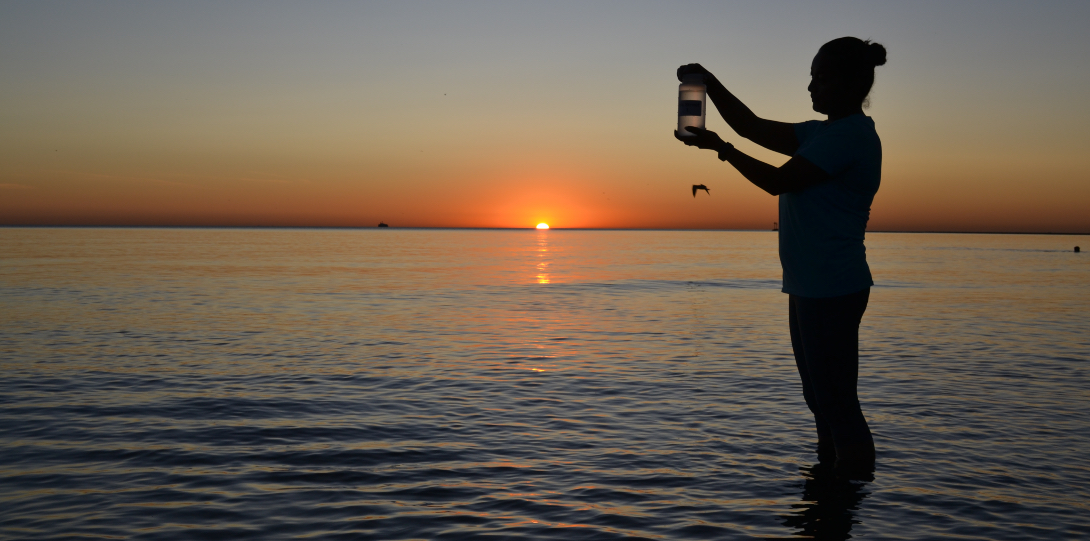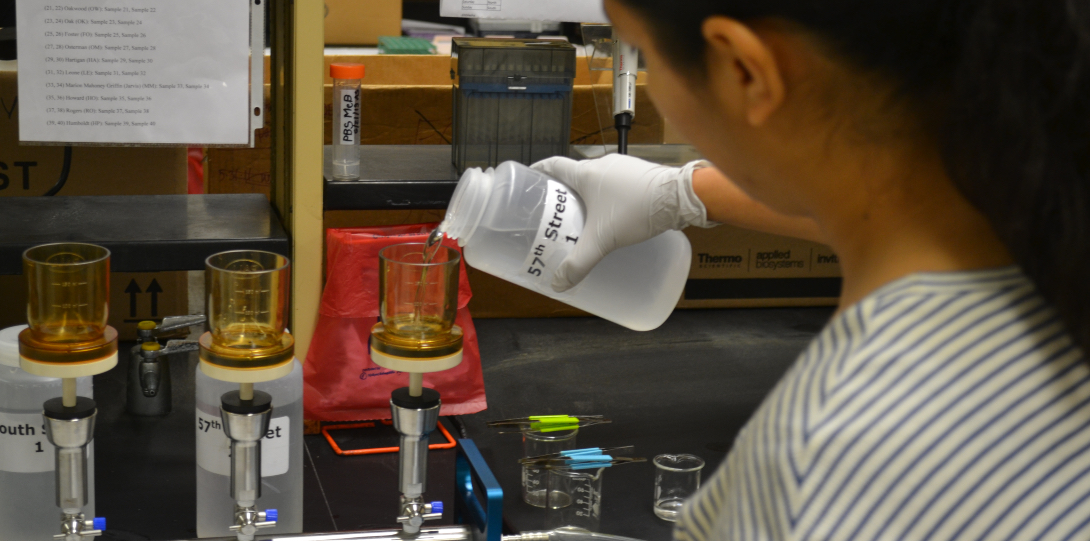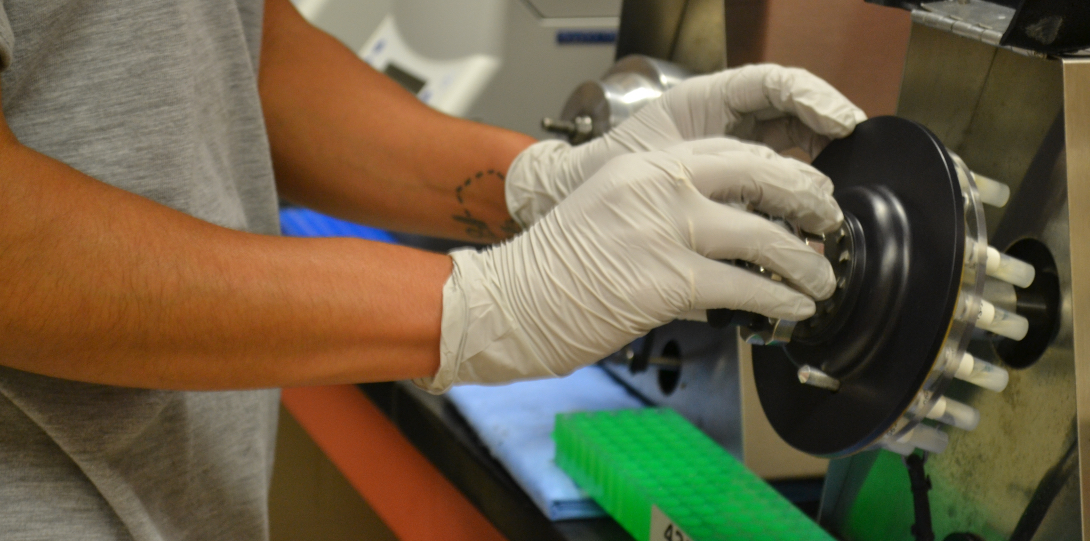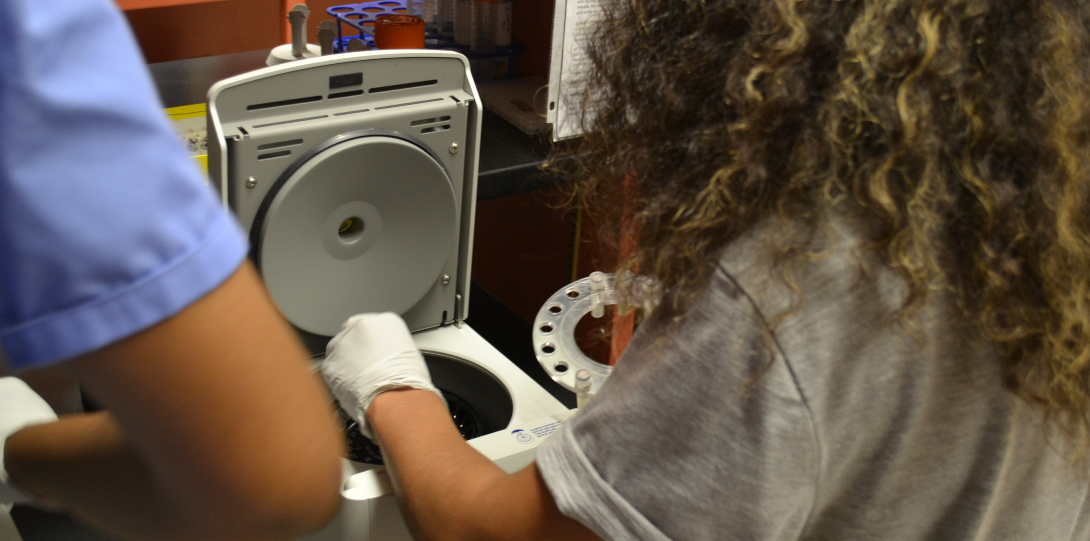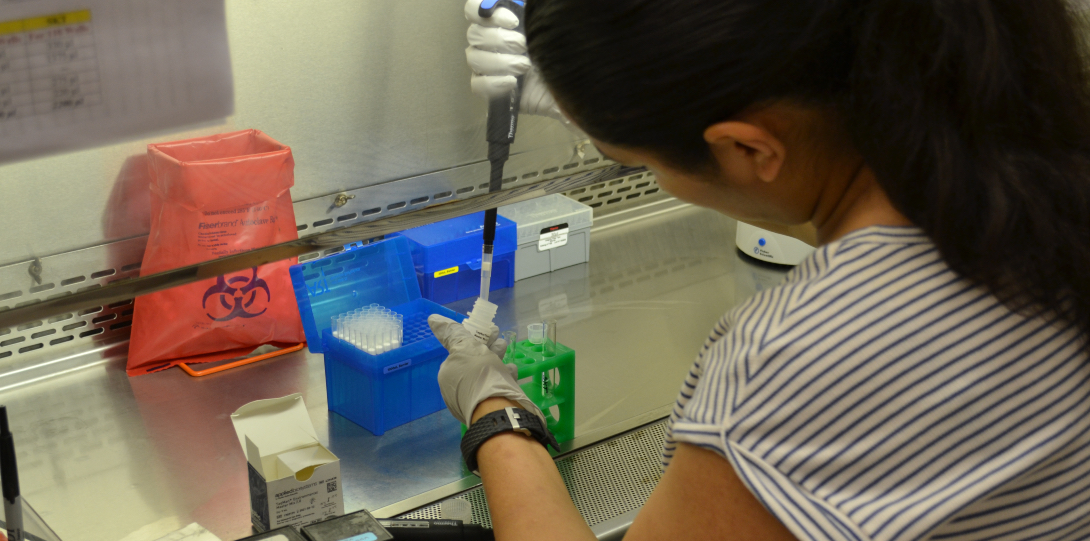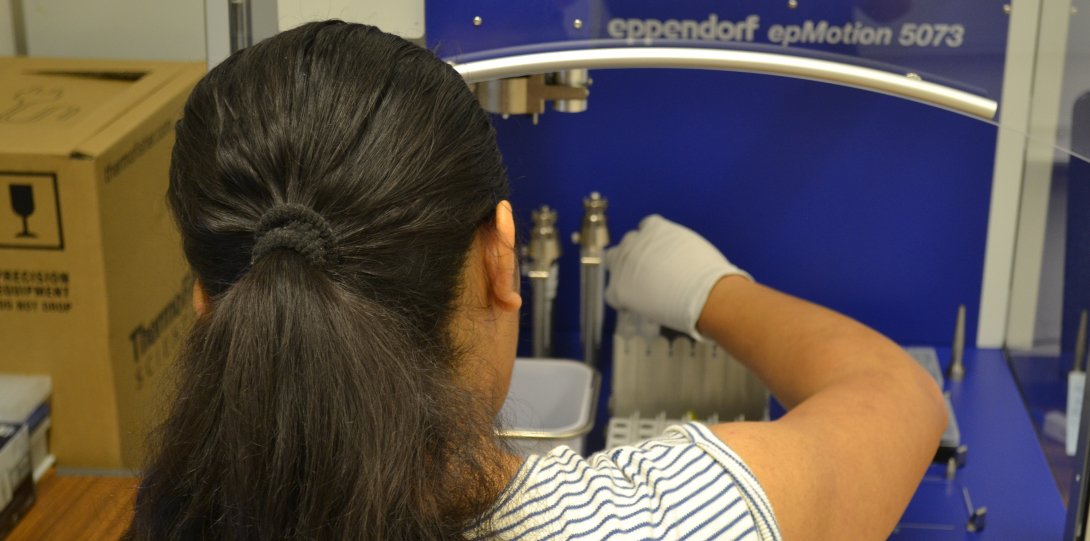Water Quality and Health Concentration
Studying water quality and health in Chicago provides a unique opportunity to learn how a major city provides and protects its water supply, manages recreational waterways, and how anthropogenic activities in an urban environment can affect water quality.
This concentration is offered to students pursuing an MPH in Environmental and Occupational Health Sciences. Water Quality and Health students are interested in chemical and microbial water contamination, water quality management, water monitoring regulation, and the impact of water pollutants on human health.
Students in the Water Quality and Health concentration will learn methods in epidemiology, biostatistics, data management, risk assessment, and geographic information systems related to water quality and human health. During their tenure, students will participate in a field practicum focused on water quality, water quality management, and human health effects. Apply today!
